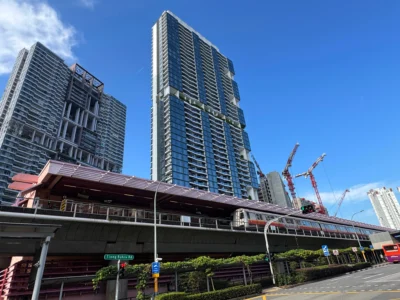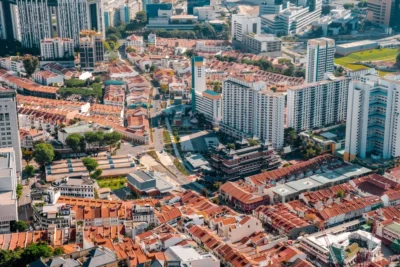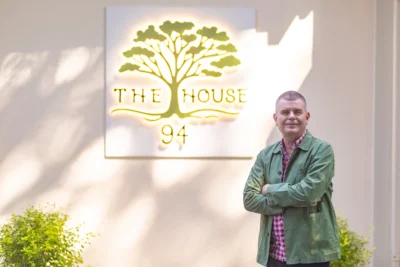Indonesia’s plans for ecotourism and digital nomads
Ninety percent of travellers visiting Bali have expressed their interest in ecotourism

The Indonesian government has decided that it is time to improve national tourism sector management. This involved refining strategies with fulfilling the needs of tourists in mind, reported ANTARA News.
The Ministry of Tourism and Creative Economy’s goal is to attract 1.8 to 3.6 million international visitors, 260 to 280 million domestic travellers, and generate USD470 million to USD1.7 billion in foreign exchange revenues from the tourism sector. Additionally, it plans to boost the sector’s contribution to the country’s GDP to 4.3 percent this year.
The pandemic has made visiting safe and clean tourist attractions a top priority for most young travellers. The administrators of tourist attractions have responded by prioritising outdoor recreation areas, emphasising health issues, and promoting contactless transactions to minimize direct interactions with visitors.
Additionally, the Ministry of Tourism and Creative Economy encouraged the growth of ecotourism, the use of eco-friendly transportation in the industry, waste management initiatives in tourist hotspots, and carbon footprint offsetting for visitors.
In light of this, 90 percent of travellers visiting Bali have expressed their interest in ecotourism.
“Around 90 percent of them are interested in knowing more about ecotourism and 86 percent of them are willing to carry out activities to balance out their carbon footprint,” said Sandiaga Salahuddin Uno, minister for Tourism and Creative Economy.
Meanwhile, to entice digital nomads to Indonesia, the government is discussing whether to offer nomad visas, according to ASEAN Briefing. Those issued with the special nomad visa are permitted five years of residence in Indonesia as long as their income comes from sources other than Indonesia. They will also be able to remain in the nation tax-free.
The goal of the digital nomad visa and the increased promotion of ecotourism and spiritual retreats is to draw visitors who are willing to spend more and stay longer.
The Property Report editors wrote this article. For more information, email: [email protected].
Recommended
What comes next for Southeast Asian real estate in 2026
From return-to-office realities to climate and tech disruptions, Southeast Asia’s residential markets are being reshaped by deeper forces
Foreign demand recalibrates in Southeast Asia housing markets
Even amid global headwinds, Southeast Asia’s property markets hold appeal for foreign buyers
Tariffs and turmoil test Singapore homes as suburbs hold firm
Foreign levies, regional wars, and buyer fatigue are putting pressure on the city-state’s housing market
Gulf luxury markets lure global capital amid policy shift
Gulf nations are shaking off a reputation for overt bling to lead a post-pandemic luxury boom







